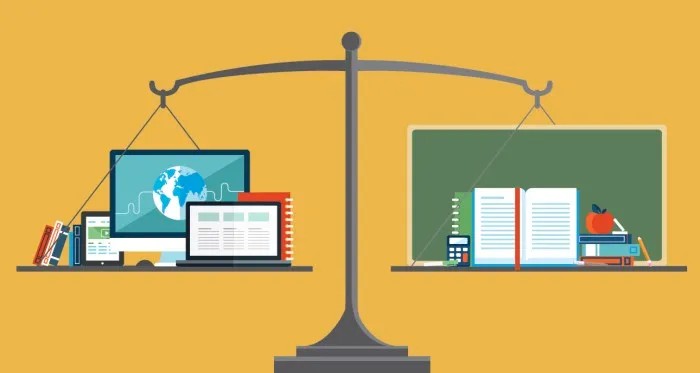Chess, a game with a history spanning over 1500 years, is more than just a pastime. It’s a comprehensive mental exercise, a silent dialogue of strategy and foresight, and a mirror reflecting life’s complex decisions. This article delves into the myriad benefits of learning chess, illustrating how this ancient game remains relevant and beneficial in the modern world.
Cognitive Enhancement
- Improves Memory and Concentration: Chess players are required to remember the rules, the positions of various pieces, and the strategies employed in different games. This exercise in memory strengthens cognitive pathways, enhancing both short-term and long-term memory. Concentration is also key in chess, as players must focus intensely on the game, often for extended periods.
- Boosts Problem-Solving Skills: Chess is a game of problems and solutions. Each move by an opponent presents a new problem that requires a solution. This constant exercise in problem-solving develops a player’s ability to think critically and analytically.
- Enhances Logical Thinking: Chess demands logical reasoning. Players must consider cause and effect, understanding how each move will affect the future course of the game. This enhances logical thinking skills, which are applicable in many real-life situations.
- Fosters Creativity: Despite its structured nature, chess is a game that encourages creativity. Players often have to think outside the box to outmaneuver their opponents, leading to innovative and unexpected moves.
Emotional and Psychological Benefits
- Teaches Patience and Discipline: Chess is a slow-paced game that requires a great deal of patience. Players learn to wait for the right moment to make their move. The discipline required to study and improve one’s game also translates into other areas of life.
- Builds Emotional Resilience: Dealing with losses is an integral part of playing chess. Players learn to handle defeat gracefully, understanding that each loss is an opportunity to learn and improve. This builds emotional resilience, a crucial skill in coping with life’s challenges.
- Reduces Stress: Engaging in a game of chess can be a form of meditation, as it requires complete focus and helps players to detach from daily stressors. The concentration required can lead to a state of mental calmness.
Social and Communication Skills
- Encourages Social Interaction: Chess clubs and tournaments bring people together from diverse backgrounds and age groups. This interaction enhances social skills and fosters a sense of community.
- Improves Communication Skills: While chess is a non-verbal game, discussing strategies, games, and moves with others helps in developing communication skills. Players learn to express their thoughts clearly and concisely.
Educational Value
- Enhances Academic Performance: The skills acquired through chess, such as concentration, memory, and problem-solving, have been linked to improved academic performance. Studies have shown that children who play chess do better in subjects like mathematics and science.
- Teaches Planning and Foresight: Chess players must think several moves ahead, anticipating their opponent’s responses. This skill in planning and foresight is invaluable in academic and professional settings.
Lifelong Learning and Adaptability
- Promotes Lifelong Learning: Chess is a game with endless possibilities and variations. It encourages a mindset of continuous learning and improvement.
- Adaptability: Chess teaches players to be adaptable, as they must constantly adjust their strategies based on their opponent’s moves. This adaptability is a valuable skill in an ever-changing world.
Conclusion
The benefits of learning chess are extensive and profound. It’s a game that sharpens the mind, strengthens emotional fortitude, and enhances social interaction. Chess transcends age, culture, and background, offering a universal language of strategy and intellect. Whether played as a hobby or pursued professionally, chess offers invaluable lessons and skills that can be applied throughout life. In a world where digital distractions are omnipresent, chess provides a welcome respite and a meaningful engagement for the mind. It’s not just a game; it’s a journey of intellectual and personal growth, a journey that offers endless rewards.




